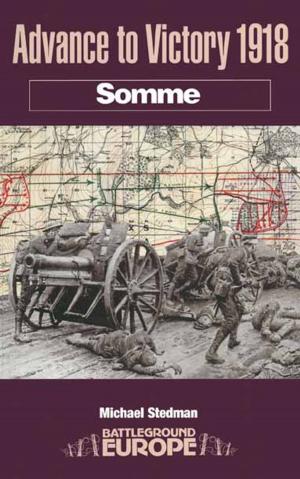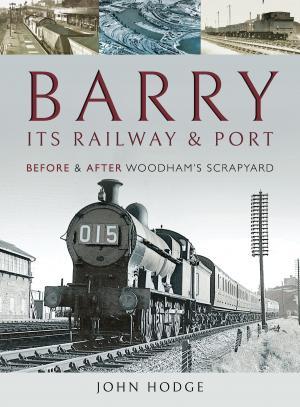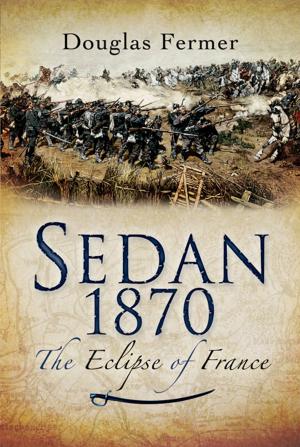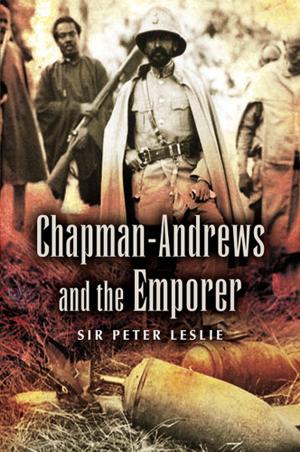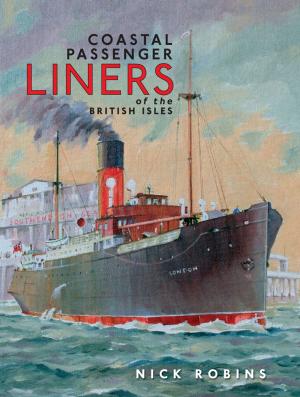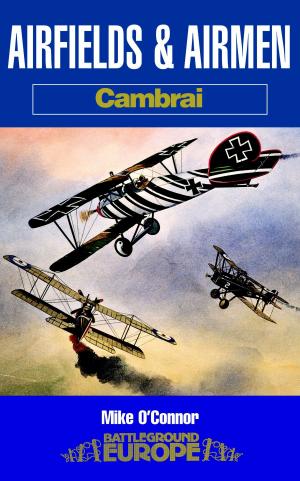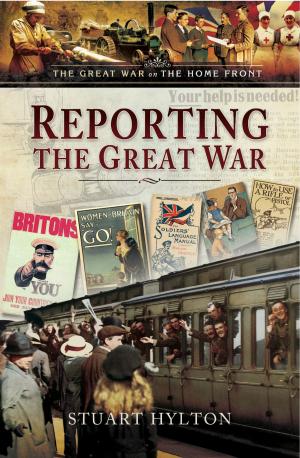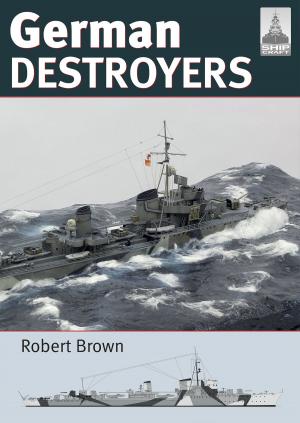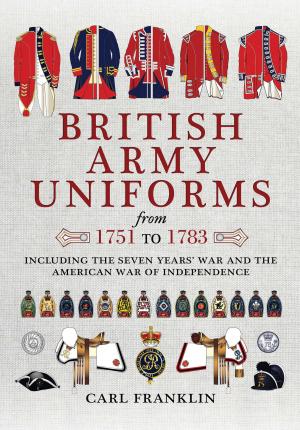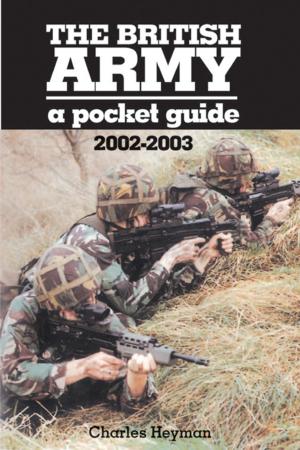The Panther Tank
Hitler’s T-34 Killer
Nonfiction, History, Military, Pictorial, Weapons, World War II| Author: | Anthony Tucker-Jones | ISBN: | 9781473881969 |
| Publisher: | Pen and Sword | Publication: | August 31, 2016 |
| Imprint: | Pen and Sword Military | Language: | English |
| Author: | Anthony Tucker-Jones |
| ISBN: | 9781473881969 |
| Publisher: | Pen and Sword |
| Publication: | August 31, 2016 |
| Imprint: | Pen and Sword Military |
| Language: | English |
Along with the Tiger, Sherman and T-34, the Panther ranks as one of the most famous tanks of the Second World War. Anthony Tucker-Jones, in this comprehensive new study of a remarkable fighting vehicle, uses over 100 archive photographs, along with a selection of colour profiles, to describe its design, development and operational record.
On the Eastern Front the German army needed to counter the Red Army’s robust and utilitarian T-34 which began to appear in every-growing and eventually decisive numbers. The Panther, the German response, was rapidly conceived and produced under extraordinarily difficult wartime conditions. With its sloping armour and a high-velocity 75mm gun, it proved to be a better medium tank than its predecessor the Mk IV, it was more versatile than the heavyweight Tiger and it was superior to most of the Allied tanks it faced. It also had an important influence on subsequent tank design.
Anthony Tucker-Jones’s photographic history gives a fascinating insight into its wartime career.
Along with the Tiger, Sherman and T-34, the Panther ranks as one of the most famous tanks of the Second World War. Anthony Tucker-Jones, in this comprehensive new study of a remarkable fighting vehicle, uses over 100 archive photographs, along with a selection of colour profiles, to describe its design, development and operational record.
On the Eastern Front the German army needed to counter the Red Army’s robust and utilitarian T-34 which began to appear in every-growing and eventually decisive numbers. The Panther, the German response, was rapidly conceived and produced under extraordinarily difficult wartime conditions. With its sloping armour and a high-velocity 75mm gun, it proved to be a better medium tank than its predecessor the Mk IV, it was more versatile than the heavyweight Tiger and it was superior to most of the Allied tanks it faced. It also had an important influence on subsequent tank design.
Anthony Tucker-Jones’s photographic history gives a fascinating insight into its wartime career.


